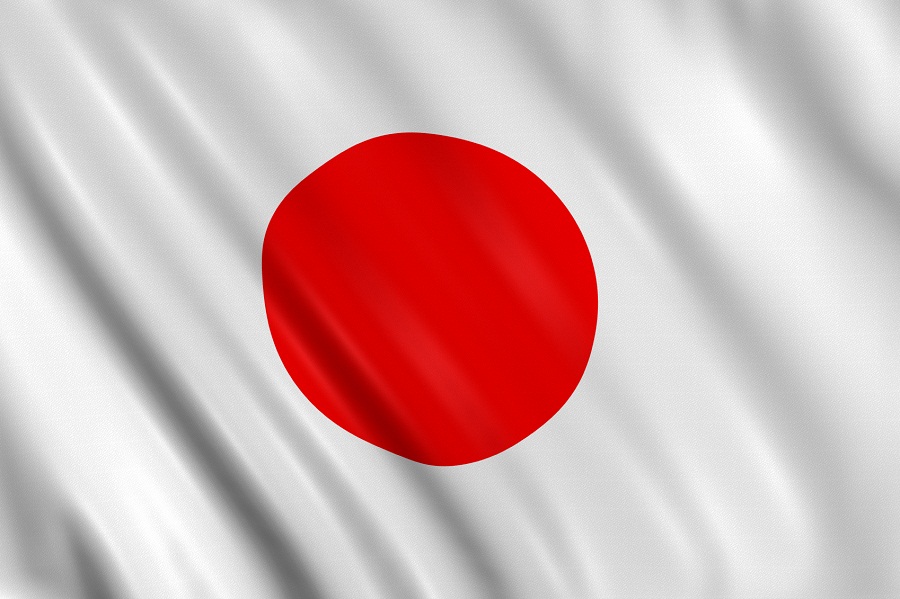As an investment destination, Japan has had such a tarnished reputation for so many years it might not be the first place investors think about when considering international diversification, but the performance numbers are beginning to look pretty solid.
And China's
second interest rate cut in three months, announced last Saturday, has increased attention on Asian financial markets, while adding a new reason to focus on the growth potential for Japanese equity markets.
“Something is happening in Japan, and things are really starting to move,” said Douglas Cote, chief investment strategist at Voya Financial Inc., citing the 0.6% fourth-quarter economic growth data that moved the country out of recession, as an indication that a very aggressive quantitative easing program is working.
“We've seen lots of false starts in the past from Japan, but there seems to be a vote of confidence that [Prime Minister Shinzo] Abe's economic policies are working.”
For U.S. investors, that vote of confidence can be measured through the performance of Japanese stock funds, as tracked by Morningstar Inc. The category average year-to-date through Feb. 27 was a gain of 8.9%, which compares to a 6.5% gain by the MSCI EAFE Index. For the 12 months through Feb. 27, the category average return was 6.8%.
Among the top performers so far this year:
• Brown Advisory - WMC Japan Alpha Opportunities (BIAJX)
• Commonwealth Japan Fund (CNJFX)
• DFA Japanese Small Company I (DFJSX)
• Fidelity Advisor Japan B (FJPBX)
• Hennessy Japan Investor (HJPNX)
The only single-country category with better performance this year, was India funds, which gained 9.3% through Feb. 27.
After years of being out of favor, the $4.6 trillion Japanese economy is showing signs of a real turnaround, and gaining investment converts along the way.
James Hunt, manager of the Tocqueville International Value Fund (TIVFX), has a 26% weighting in Japan, compared with a 19% benchmark weight.
“This is a multi-year phenomenon that is not anywhere near to being over,” he said.
The economic turnaround is all part of the experiment known as
Abe-nomics, referring to the prime minister's multi-faceted effort to devalue the currency and encourage corporate-level financial patriotism while employing an $85 billion-per-month quantitative-easing program.
For context, the recently concluded U.S. quantitative-easing program peaked out at $80 billion per month, and the U.S. economy is more than four times the size of Japan.
“You've got the government engineering a shift out of bonds and into equities through quantitative easing,” Mr. Hunt said. “And it's becoming a patriotic duty among Japanese companies to do things like increase wages.”
That “patriotic duty” he refers to relates to the one-year-old JPX-Nikkei 400 Index, which combines components of the country's two most popular stock indexes by including companies that adhere to investor-focused corporate standards, which he says is attracting foreign investors.
Though still in draft form, the corporate governance codes are having an impact on corporate management in Japan, according to Drew Edwards, who manages more than $1.2 billion in global portfolio assets at Advisory Research.
Mr. Edwards has a 29.8% weighting in Japan in the Advisory Research International Small Cap Value Fund (ADVIX); his benchmark for that fund category, the MSCI ACWI ex-USA SMID Cap Index, is 25.3%.
“The
JPX-Nikkei 400 is made up of the companies that best exemplify good governance, and it's using a carrot to do what most markets do with a stick,” he said. “This is an index that is often referred to as the 'shame index.' If you're Toyota, and Nissan has already been added to the index, you will do whatever it takes to also become a part of the index.”
Inclusion in the index considers a variety of criteria, including diversity of board representation, disclosure and accounting standards.
“They are all things that, quite frankly, are very important and helpful to investors, particularly foreign investors,” Mr. Edwards said. “The real way they make money on the exchanges is by the volume across the exchange, and a lot of those investors are foreign. And foreign investors wanted more corporate governance, which is what causes us to be really excited because this is much more significant that the latest GDP numbers or a weaker yen.”







